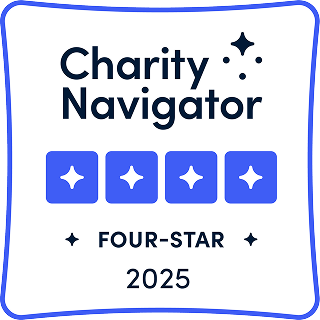Money is power, and we hold power accountable.
We work alongside communities whose rights, livelihoods, and environment are under threat by the world’s wealthiest, most powerful investors – shifting power back to those who know the impact of an investment on their land and lives best.


.avif)
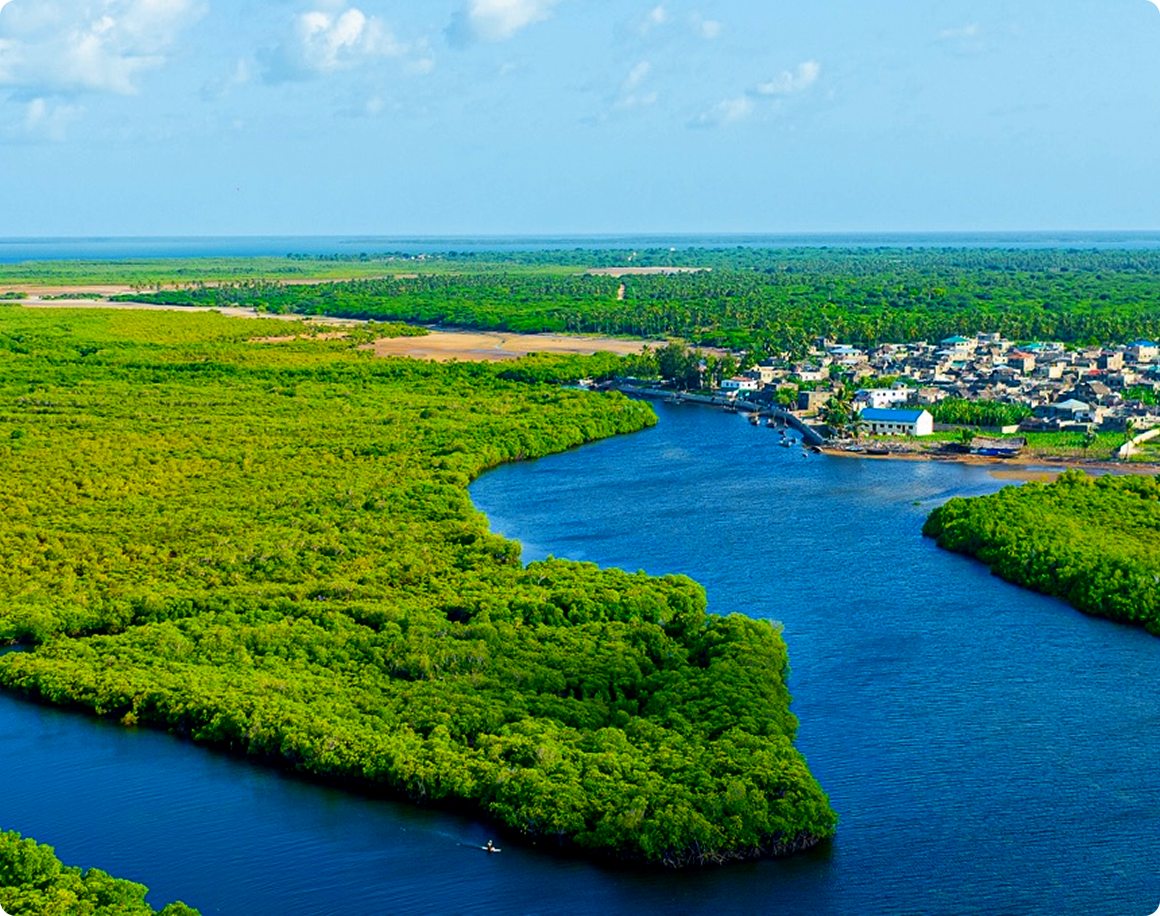
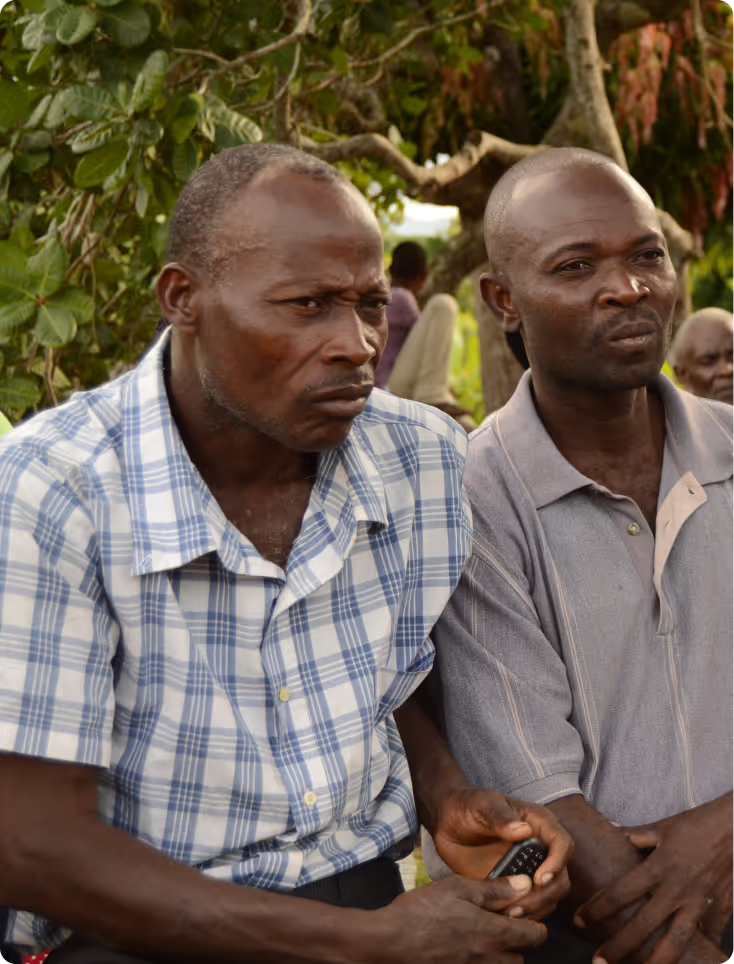
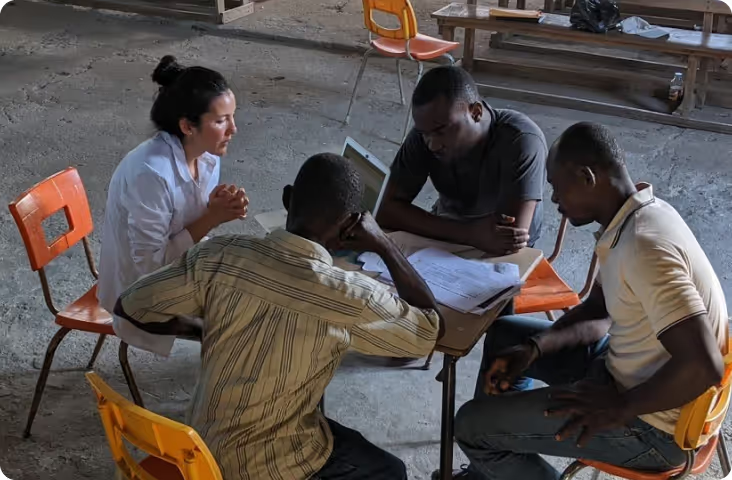
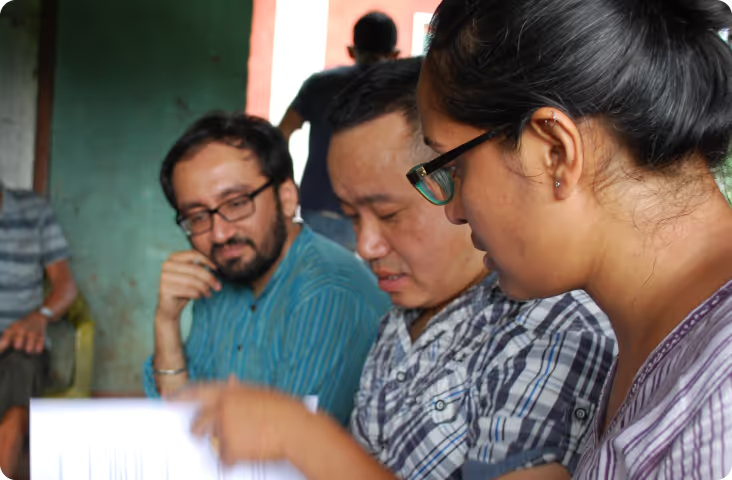






.avif)
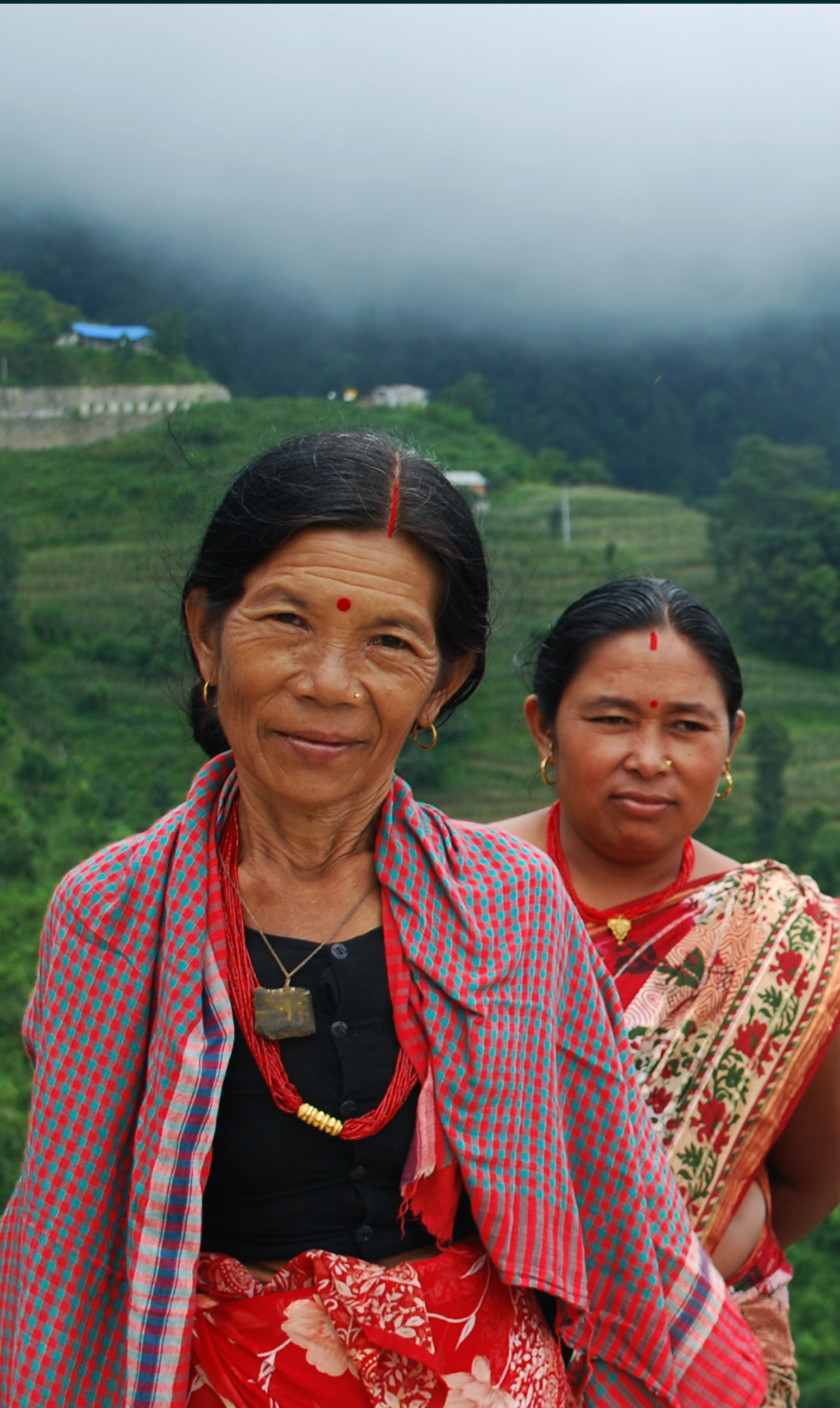
.avif)

